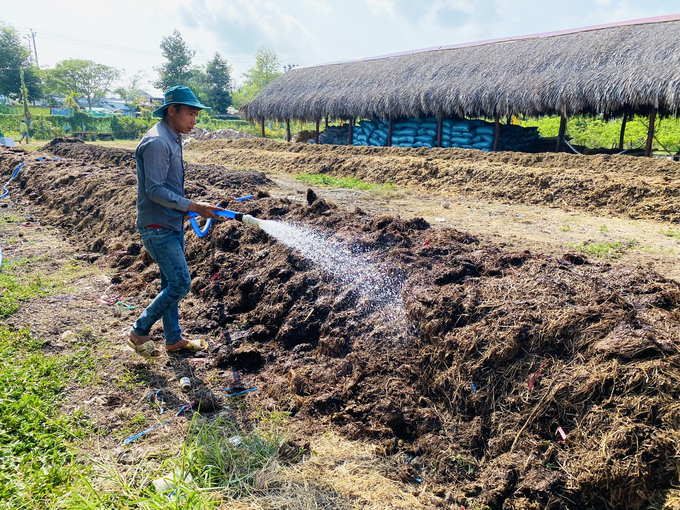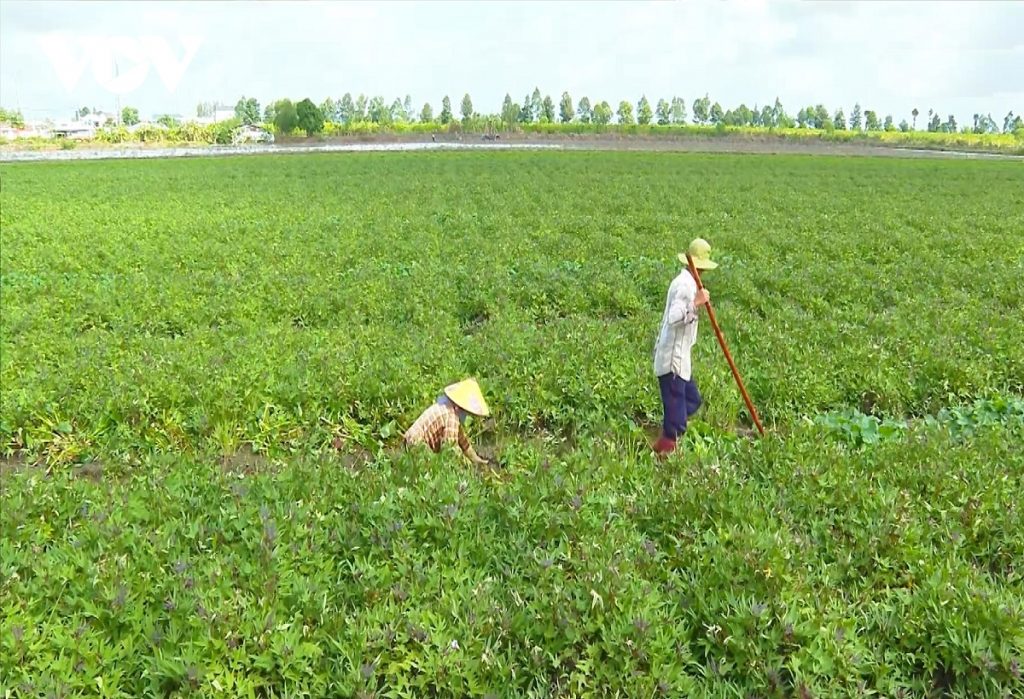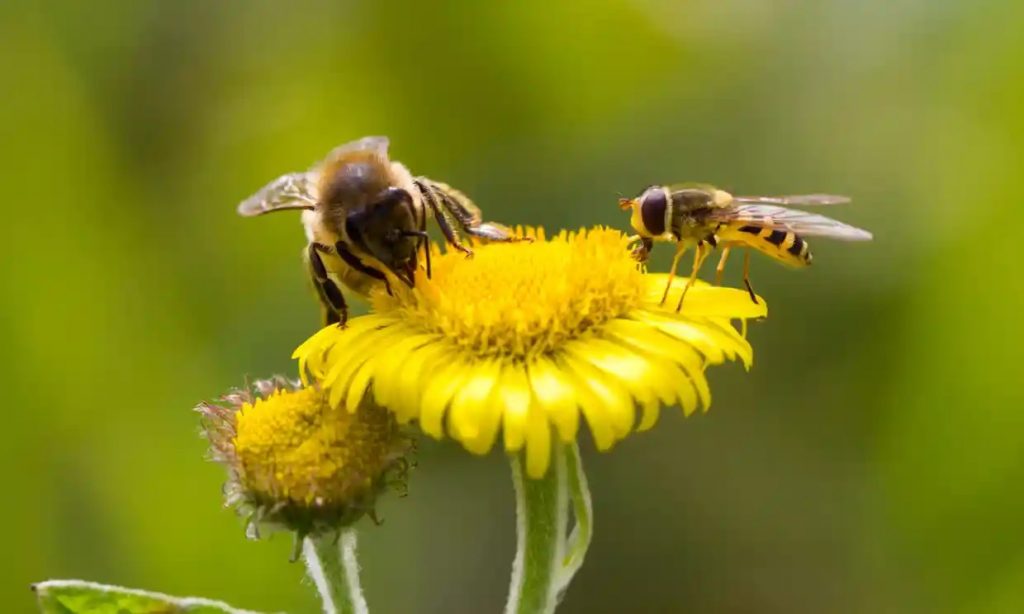Bees, spiders, ground beetles and flower flies have fallen twice as fast on farmland, despite efforts to invest in sustainable farming in the UK.
Flower flies and red worker bees on dandelion flowers. Insects provide food for other organisms, pollinate plants and recycle nutrients. Photo: Tony Phelps/Alamy.
Over the past 30 years, nature conservation measures have failed to stop the decline of insects on farmland, according to a new report in the United Kingdom. Populations of bees, spiders, ground beetles and flower flies have decreased twice as fast in areas of intensive crop production.
“In fact, for most of the population groups classified and included in this study, population decline appears to have accelerated in recent years,” the researchers wrote in the paper. Invertebrate biodiversity continues to decline in arable land, published in Proceedings of the Royal Society B.
The study found that, despite the local impact, wildlife-friendly farming practices were not adopted on a large enough scale to have a nationwide impact. However, scientists believe that post-Brexit changes to the UK’s agricultural policy could help the agricultural sector achieve those goals.
Lead researcher Francesca Mancini, from the UK Center for Ecology and Hydrology, said: “The key message to policymakers is this: Despite the efforts we have put in over the past 30 years. , this is not enough. We need to look at what we’ve done and try to do better for the future for biodiversity, and for the future of agriculture.”
The study compared areas with high and low cropland cover. The researchers found that in areas with high cropland cover, the decline was more severe. In areas with more than 50% of arable land, invertebrate species had disappeared from 5% of sites recorded life in 1990. Meanwhile, in areas with land area crops less than 50%, the disappearance of invertebrates from the site of life is 2%.
Tractors spray pesticides on a field in Shropshire, England. Pesticides are one of the major contributors to habitat loss and harm to insect populations. Photo: Peter Barritt/Alamy.
Of the six taxa examined, spiders and bees were hardest hit in areas with more than 50% of the arable land, showing reductions of 7% and 4%, respectively. The researchers suspect the drop was worse than before 1990, but lacked data to confirm.
“These are alarming declines,” Mancini said. Due to the introduction of environmental planning and policy improvement since the 1990s, we had hoped that this trend would slow down or become stable. But that is not the case. The number of animals is still decreasing.”
Source: Agriculture Newspaper




